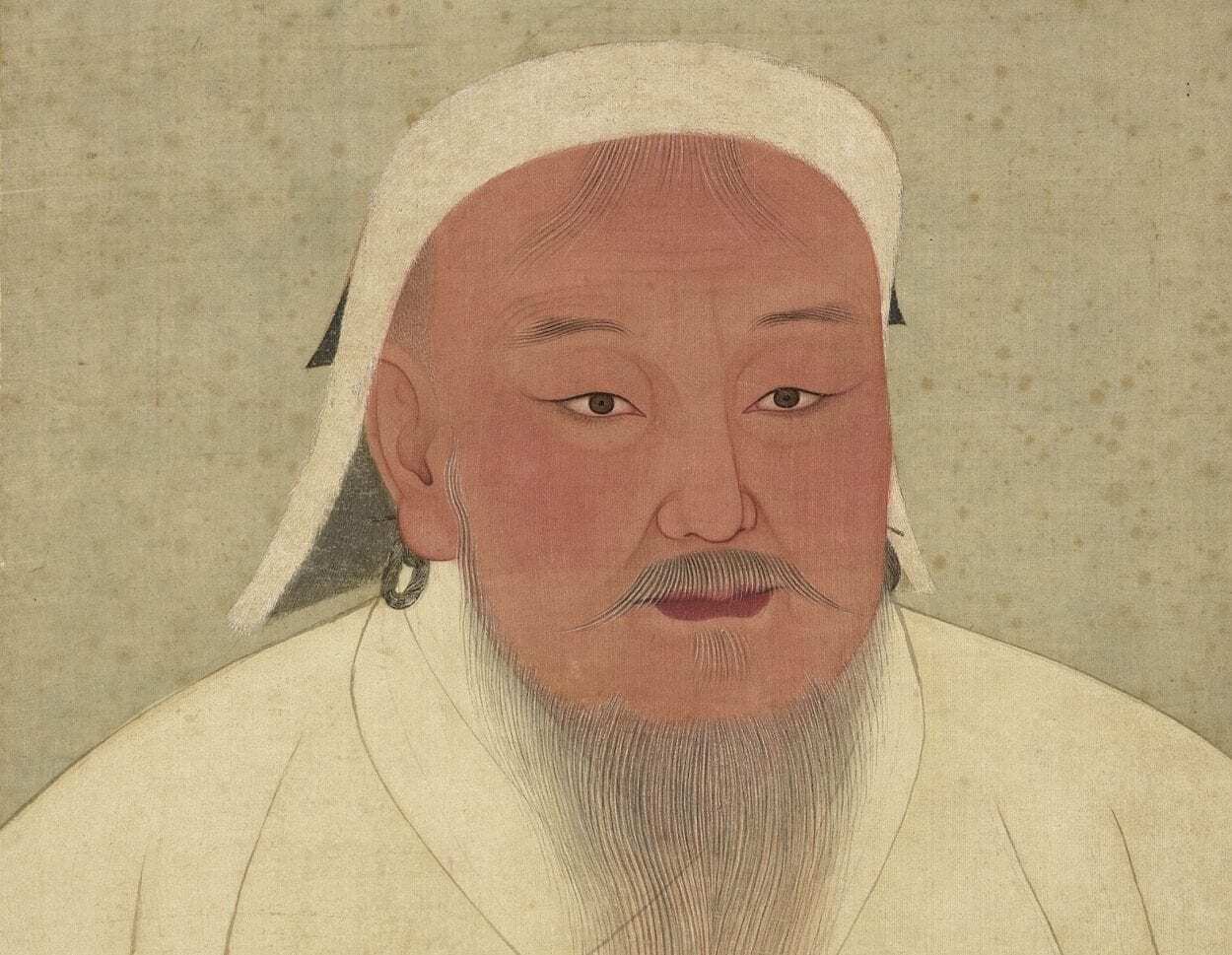New research by archaeologists from the Australian National University has suggested that Avraga, in Eastern Mongolia was the winter home (or ordū) of Genghis Khan.
Genghis Khan, born Temüjin Borjigin was the founder of Mongol Empire and the first Great Khan. He came to power by uniting many of the nomadic tribes of Northeast Asia and campaigned against the Qara Khitai, Khwarezmia, and the Western Xia and Jin dynasties, and carried out raids into Medieval Georgia, the Kievan Rus’, and Volga Bulgaria. Genghis Khan’s descendants extended the Mongol Empire across most of Eurasia, by conquest or the creation of vassal states.
Avraga (originally called Aurag, meaning source in the Mongolian language) was located at the confluence of the Kherlen and Tsenker River, in present-day Khentii province, Mongolia. Under Kublai Khan and his successors, it became a shrine for the cult of the Genghis Khan.
The ANU archaeologists conducted a series of radiocarbon dating studies that showed that Avraga was occupied during the lifetime of Genghis Khan and extended beyond the time of his son Ogedei Khan (the 2nd Khagan).
Dr Li Narangoa from the Australian National University said that Genghis Khan had at least four ordū. “The historical documentation appears to indicate the one at Avraga was his main camp, probably for both Spring and Winter, so this research is significant because it provides the natural science-based proof for the findings of historians,” she says.
The researchers also found that the elites in Mongol society ate roughly the same diet as the commoners – mainly meat and animal products – despite having access to a variety of foods.
ANU archaeologist, Dr Jack Fenner said: “Our analyses of the differences in the chemistry of the bones from both high and low-status individuals are caused by environmental factors rather than from differences in diet,” he says.
“This was the camp where Chinggis Khan started his campaign against his southern neighbours and Dr Fenner and his team’s work support this; it’s a great contribution to historical research.” Added Dr Li Narangoa.
Header Image Credit : Public Domain





